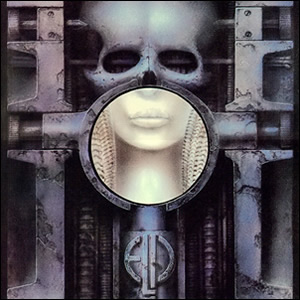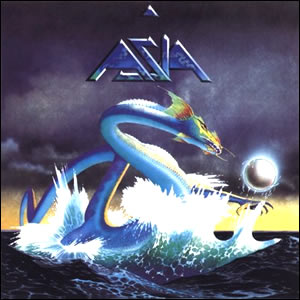Brain Salad Surgery by Emerson, Lake, & Palmer
Buy Brain Salad Surgery Emerson, Lake, & Palmer reached their progressive climax with their fourth studio album Brain Salad Surgery. It was the group’s most ambitious and commercially successful album, with a mixture […]


